Russian billionaire Dmitry Rybolovlev, who since 2011 is the majority shareholder and chairman of French football club AS Monaco, also owns, in all secrecy, an offshore investment fund that bought financial stakes in players, including some who played for his Riviera club.
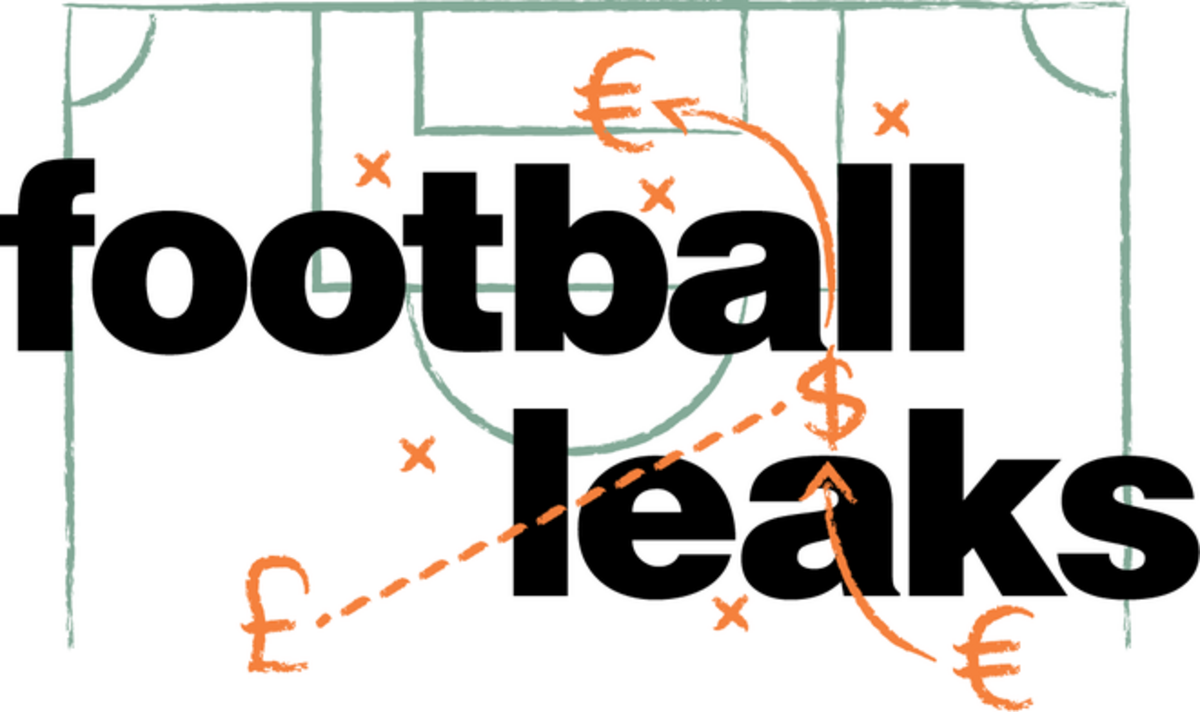
Enlargement : Illustration 1

The business operated in partnership with influential Portuguese football ‘super-agent’ Jorge Mendes, who played a major role in the transfers of players to and from AS Monaco, according to documents from the whistle-blowing Football Leaks platform, obtained by German weekly news magazine Der Spiegel, and analysed by Mediapart and its partners in the journalistic collective European Investigative Collaborations (EIC).
Rybolovlev, 50, owns 66.67% of AS Monaco, while the remaining 33.33% is owned by the Monaco royal family.
The paper trail behind the revelations begins with a contract signed on June 30th 2014, when a Cyprus-registered investment fund called Browsefish Limited bought financial stakes, ranging from 30% to 40%, in six players then part of the Portuguese team Braga. One of the players was Rafa Silva, now aged 23, a midfielder who plays for the Portuguese national team and who is today with Benfica.
At the time, the system of Third-Party Ownership, or TPO, was accepted by a number of national football authorities, although not in France, on condition that the third parties did not belong to the club that sold or bought the players in question.
TPO is a system whereby a player’s economic rights are owned in stakes by investors. These could be individuals, companies or funds, who were then subsequently entitled to cash in a proportionate part of the player’s future transfer fee. The practice was outlawed in May 2015 by football’s worldwide governing body, Fifa, whose president Gianni Infantino has likened the system to “modern slavery”.
The June 2014 contract stated that the address for Browsefish was the same as that of another company, Rigmora Holding Limited, domiciled at “Le Formentor, 27 avenue princesse Grace, Monaco” (see extract below). Rigmora is in fact the family office of Dmitry Rybolovlev, a private firm which manages a large part of Rybolovlev’s vast wealth. Both Rigmora and Browsefish are registered in Cyprus at the same address in the island’s southern city of Limassol, which is also the address of Neocleous & Co, a legal practice which oversees Rybolovlev’s offshore structures.
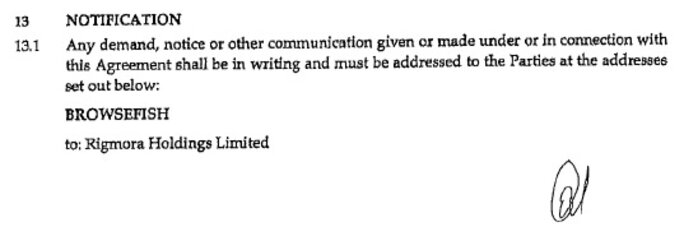
If presiding over a club while also holding a financial stake in football players might appear incompatible from an ethical viewpoint, the issue becomes all the more questionable when a TPO deal concerns a player who joins the third-party owner’s club. That was what happened in the case of Brazilian right back Fabinho, whose agent is Jorge Mendes. Fabinho signed a permanent contract with Monaco in 2015 after two years at the club on loan from Portuguese side Rio Ave.
By 2013, Mendes, one of the football world’s most influential agents (who represents, among others, manager Jose Mourinho, currently at Manchester United, and Real Madrid’s Portuguese star player Cristiano Ronaldo), had made AS Monaco something of a permanent annexe to his business dealings. He was responsible for the arrival at the club of Columbian striker Radamel Falcao, Columbian midfielder James Rodriguez, Portuguese midfielder João Moutinho and his compatriot, the centre-back Ricardo Carvalho.
According to a report in French daily Libération, in 2013 AS Monaco spent a total of 130 million euros on players bought via Mendes (against a total budget spent on new signings of 166 million euros). Some of them were to leave the club just the following year, and sometimes at a comfortable profit - demonstrating Mendes’s talent for making money in all disregard for questions of conflict of interest.
Mendes, 50, was both the agent and in some cases part-owner of the players, and was highly influential in AS Monaco’s policies, receiving the benediction of club chairman Rybolovlev who arrived at the Riviera club while still something of a novice in football.
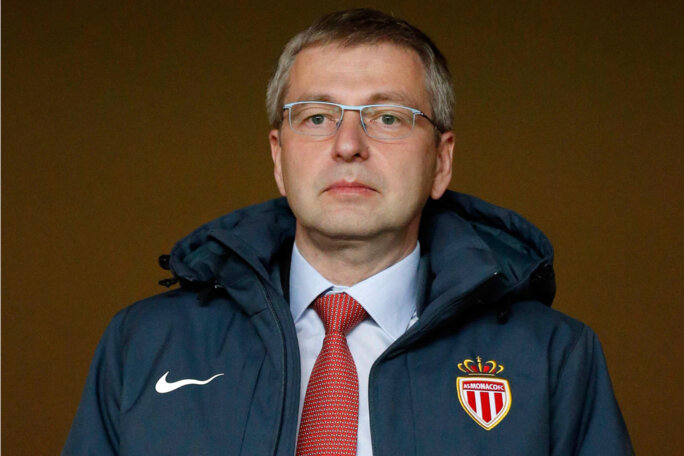
Enlargement : Illustration 3

Neither Dmitry Rybolovlev nor Jorge Mendes followed up Mediapart’s request to them for an interview.
The Russian billionaire had earlier made his fortune by attaining a controlling stake in Russia’s largest producer of potassium fertilizers, Uralkali, which he sold in 2010 for 6.5 billion dollars.
Rybolovlev has made headlines over the saga of his divorce, notably when he successfully appealed against a Swiss court’s ruling in 2014 that he pay his former wife Elena a settlement of 4.5 billion dollars, then described as the most costly divorce in history. In 2015, the pair eventually agreed a confidential settlement, thought to be worth 600 million dollars.
According to several sources, Rybolovlev and Jorge Mendes are close. Mendes was among the guests invited to celebrate Rybolovlev’s daughter Ekaterina Rybolovleva’s 25th birthday party in June 2014 on the Greek island of Skorpios, once the private property of Aristotle Onassis, which Rybolovlev bought for Ekaterina in 2013 from Onassis’s granddaughter Athena. The birthday party, also attended by several ministers from the Cyprus government and the wife of Cypriot president Níkos Anastasiádis, lasted three days during which no photographs were allowed. Cristiano Ronaldo, Mendes’s most famous client, was also invited but did not attend.
Also in 2014, Rybolovlev and Mendes were present together for a gala of the US foundation for AIDS research, amfAR, held on the sidelines of the Cannes film festival, where they sat at the same table amid an attendance of showbusiness stars and influential world figures. The cost of reserving a table at the event is about 100,000 dollars.
Rybolovlev's secretive investment fund Browsefish was created on December 5th 2013, when Rybolovlev and Mendes were already close acquaintances, and the company had many dealings with Mendes’s Portugal-based firm Gestifute which provided services both as agent for players and for TPO deals.
Documents from a confidential audit carried out by PricewaterhouseCoopers, and seen by the EIC, show that, between January 2014 and June 2015, the sale of stakes in players to Rybolovlev’s investment fund represented 87% of the TPO activities of Gestifute, which made a profit of 6.85 million euros on the deals. In the case of one player whose name was not disclosed in the audit documents, his economic rights for which Gestifute had originally paid 150,000 euros were sold on to Browsefish for 2.88 million euros.

Enlargement : Illustration 4

Among the TPO deals involving the two companies was the acquisition by Browsefish, on January 2nd 2014, of a 48.5% stake in the Brazilian footballer Fabinho, who was then an emerging 20-year-old. The stake bought by Browsefish was exactly half the 97% stake in Fabinho originally bought by Mendes two years earlier in a deal with the player’s Portuguese club Rio Ave. That 97% stake cost Mendes 1 million euros, while Rybolovlev’s company would buy half of that share, plus a stake in two lesser-rated players, Algerian striker Nabil Ghilas and Portuguese midfielder Vitor Emanuel Cruz da Silva (aka ‘Vitor’), for 2.325 million euros.
At the time of the deal, Fabinho was already playing for AS Monaco on loan from Rio Ave, beginning in June 2013, meaning that the Monaco chairman had bought a stake in a footballer from his own team. Monaco subsequently bought Fabinho from Rio Ave, on May 15th 2015 - two weeks after Fifa’s ban on the TPO system came into effect. When Fifa introduced its ban in May 2015, it allowed for a transition period of up to one year during which TPO deals were to be unwound.
However, five months earlier, on January 1st 2015, Gestifute had bought back Browsefish’s stake in the player. But questions hang over the deal: Rybolovlev sold back to Mendes his stake in Fabinho for 1 million euros, an apparent loss of 1.235 million euros on what he had paid for his stake one year earlier, and another handsome profit for Mendes.
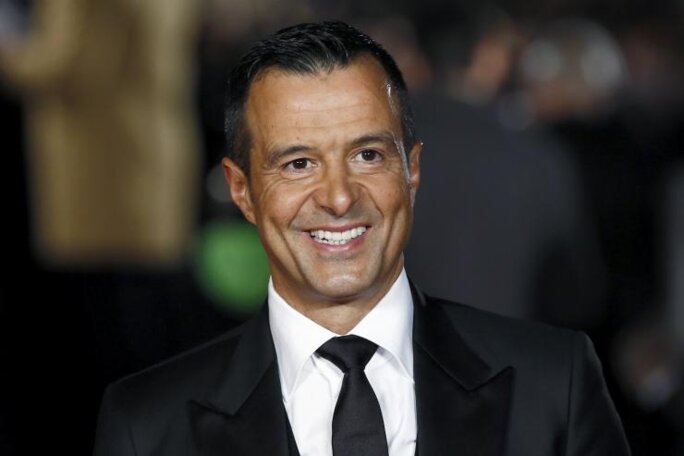
Enlargement : Illustration 5

It was not the only aspect of Fabinho’s signing by Monaco that raises questions. Media reports estimated the cost of the purchase of the player at between 5-6 million euros, while the cost officially declared by AS Monaco in the Fifa Transfer Matching System (TMS) – a mandatory online platform introduced to bring transparency to transfer deals – was 0.10 euros. The ten centimes have still not been paid to Rio Ave. Meanwhile, the deal for Fabinho stipulates that in the case that Monaco was to sell Fabinho on to another club, Rio Ave would receive a half of the transfer fee.
Mendes’s company Gestifute, which after the January 2015 buyout of Browsefish’s stake in Fabinho once again owned 97% of the player’s economic rights, was never mentioned in the documents passed on to Fifa’s TMS.
It is not certain that the midfielder was made aware of the events because in an interview published in French sports daily L'Equipe on October 18th this year, Fabinho recounted how, in 2012, when Mendes discovered him in Brazil and brought him to Portugal, the operation was handled behind his back. “The president of [Brazilian club] Paulínia, who was a bit like my agent, told me I was sold to a European club,” he recounted. “I was surprised. ‘Sold, already? I was told nothing and I’m already sold?’ He told me ‘Yeah, you’re going to Portugal, to Rio Ave. Jorge Mendes saw you playing, he likes your playing style, he wants to work with you’. I said to him ‘Jorge Mendes? Who is this Jorge Mendes you’re telling me about? – ‘He’s Ronaldo’s agent’ – ‘Ah, OK, that’s fine’. Three days later I was in Europe.”
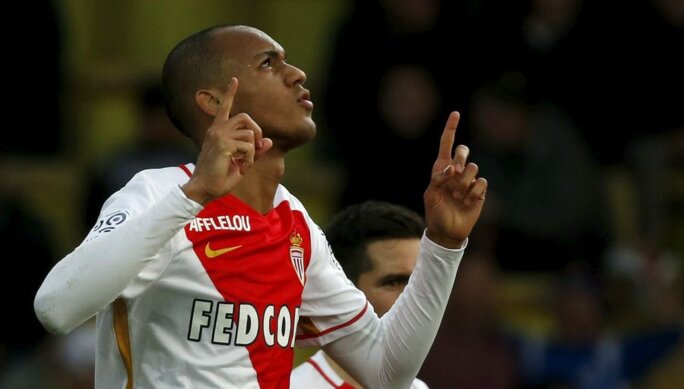
Enlargement : Illustration 6

Fabinho was aged just 19 at the time, the same age as Brazilian defender Wallace Fortuna di Santos, better known simply as Wallace, when he became the object of a TPO operation before being transferred to Monaco and ending up in the Browsefish TPO portfolio. Initially, 60% of Wallace’s economic rights were owned by his club, Brazilian side Cruzeiro, while the remaining 40% were owned by Brazilian TPO fund, Macar. In October 2013, Mendes, via Gestifute, bought out 40% of Wallace’s economic rights from Cruzeiro, and 30% from Macar. But what he paid Cruzeiro was based on an evaluation of the player’s worth as being 3.5 million euros, whereas the transaction with Macar was made on a separate evaluation of Wallace’s worth, at 2 million euros. Macar must have known this as what Mendes paid Cruzeiro was clearly marked in the contract.
Following the deal, Cruzeiro owned 20% of Wallace, and Macar 10%, while the remaioning 70% was owned by by Gestifute. Several months later, in June 2014, Mendes added to his investment by acquiring 90% of Wallace when he bought up Cruzeiro’s stake. But by paying 4 million euros for the club’s 20% stake, the player’s value was by implication 22 million euros. In all, Gestifute had paid out 6.45 million euros for its entire stake in Wallace, which would represent an extraordinarily canny investment if the player was indeed worth 22 million euros on the transfer market.
It was after the transactions were completed that Wallace left Cruzeiro for the Portuguese club Braga on a transfer deal of 1 euro (which on that occasion was paid). On June 26th 2014, Browsefish, owned by Dmitry Rybolovlev, bought from Mendes half of his 90% stake in Wallace for 4.4 million euros. Thus the Cyprus-based fund had acquired 45% of the player’s economic rights, leaving Mendes a net profit of 1.2 million euros. After his transfer to Braga, Wallace was immediately transferred again, this time on a loan deal to Monaco. This meant that, as in the case of Fabinho, Rybolovlev owned a share of the economic rights of one of his own club’s players.
On July 3rd 2014, Braga moved to acquire Wallace’s economic rights in order to erase the TPO and give Wallace a clean status on the European market. The Portuguese club paid no money upfront to the two but instead had pledged to hand over between 90% and 100% of any future transfer deal for the player. In the contract for the rights acquisition by Braga there is no mention of Browsefish, the club apparently unaware that Gestifute had sold a part-stake in the player to Rybolovlev’s structure, an illustration of the opacity of the system whereby TPO deals in a player can be carried out in all secrecy.
The Brazilian defender played with Monaco for two seasons until the summer of 2016, when he was sold by Braga to Italian side Lazio which paid the Portuguese club, according to French sports daily L'Equipe, 8 million euros. It left a small profit for Mendes, who had used Braga as a relay club in Europe for Wallace, before establishing his value at AS Monaco, to where he had been immediately transferred, before selling him on to Lazio.
It is unclear how Mendes and Rybolovlev shed their stakes in the player. Did Mendes buy up Rybolovlev’s share before the final sale, as with Fabinho? Did Rybolovlev make a profit or did he once again gift Mendes? Neither question is answered by the documents obtained from Football Leaks.
But what they do reveal is is that Browsefish held stakes in 12 players, including the Mexican centre forward Raul Jiménez. In September 2014, Browsefish bought 50% of Gestifute’s stake in Jiménez, who was then playing for Spanish club Atlético Madrid. In January 2016, Gestifute paid the Spanish club 2.2 million euros, a sum which, according to an email sent by a member of staff of Gestifute, represented “50% of the bill regarding Jiménez”.
The Mexican player was transferred to Portuguese side Benfica in the summer of 2015. According to Fifa’s records, Atlético Madrid bought Jiménez from Mexican club América for 10.5 million euros in August 2015, then one year later sold him on to Benfica for just 9 million euros. According to the authoritative transfer market news website Transfermarkt, the deal between Atlético Madrid and Benfica was in fact worth 22 million euros.
-------------------------
- This article in English is based on Mediapart's original report in French, which can be found here.


